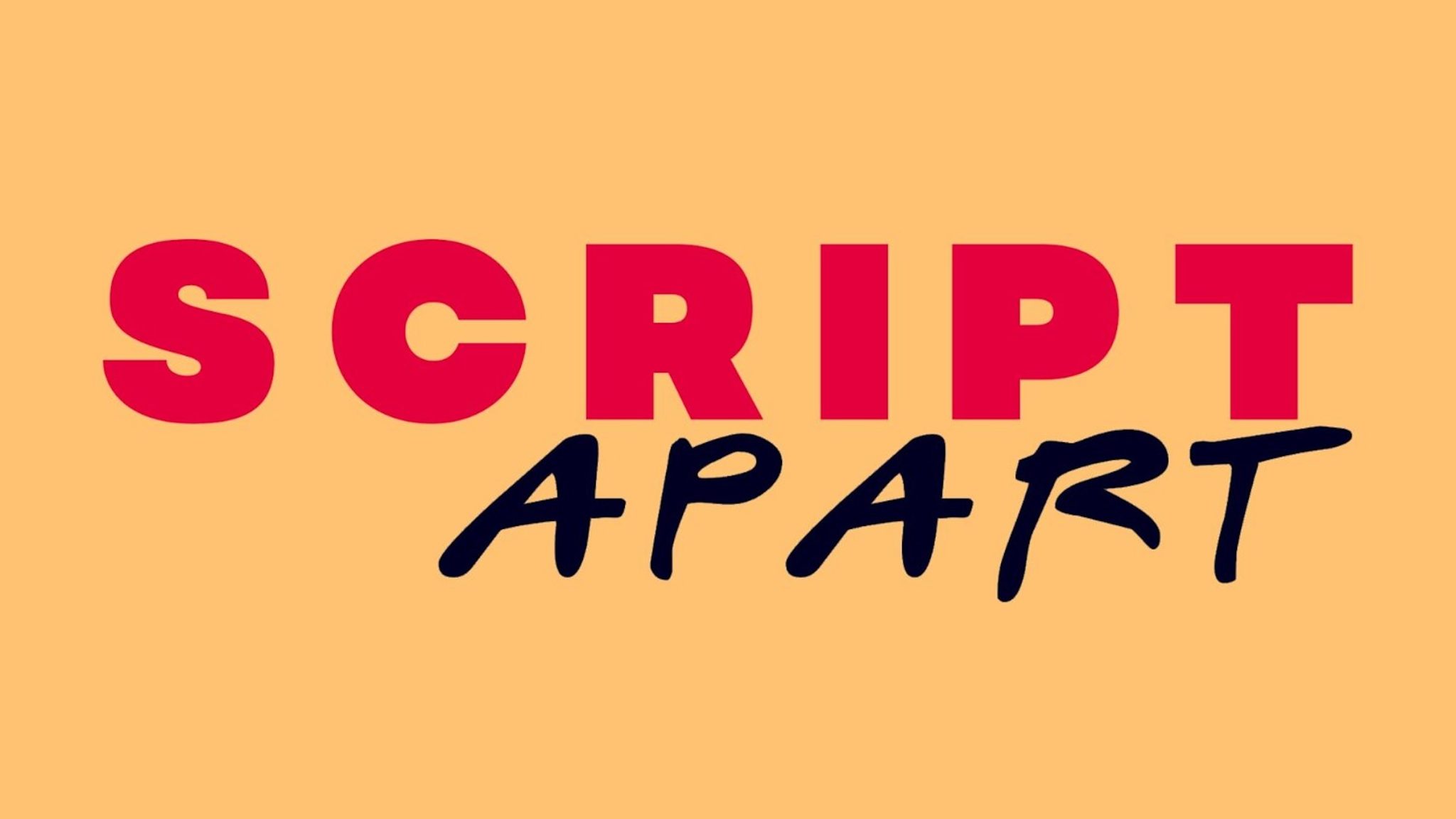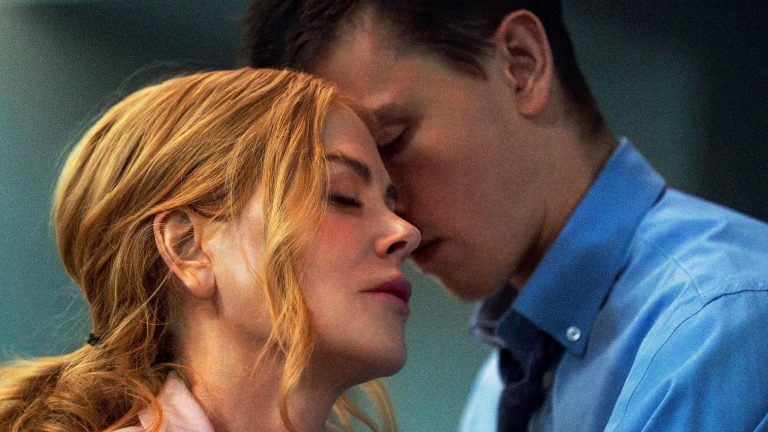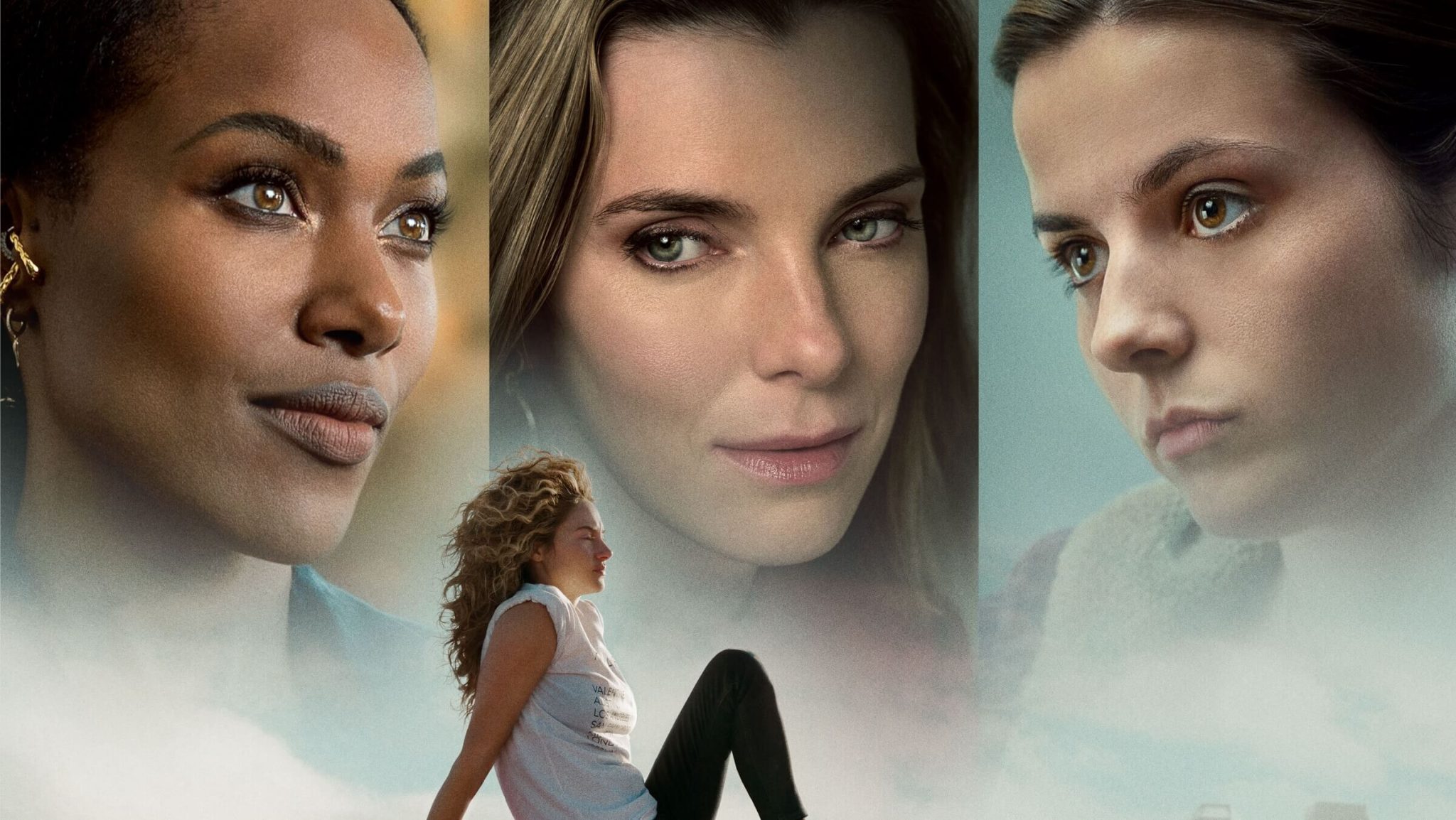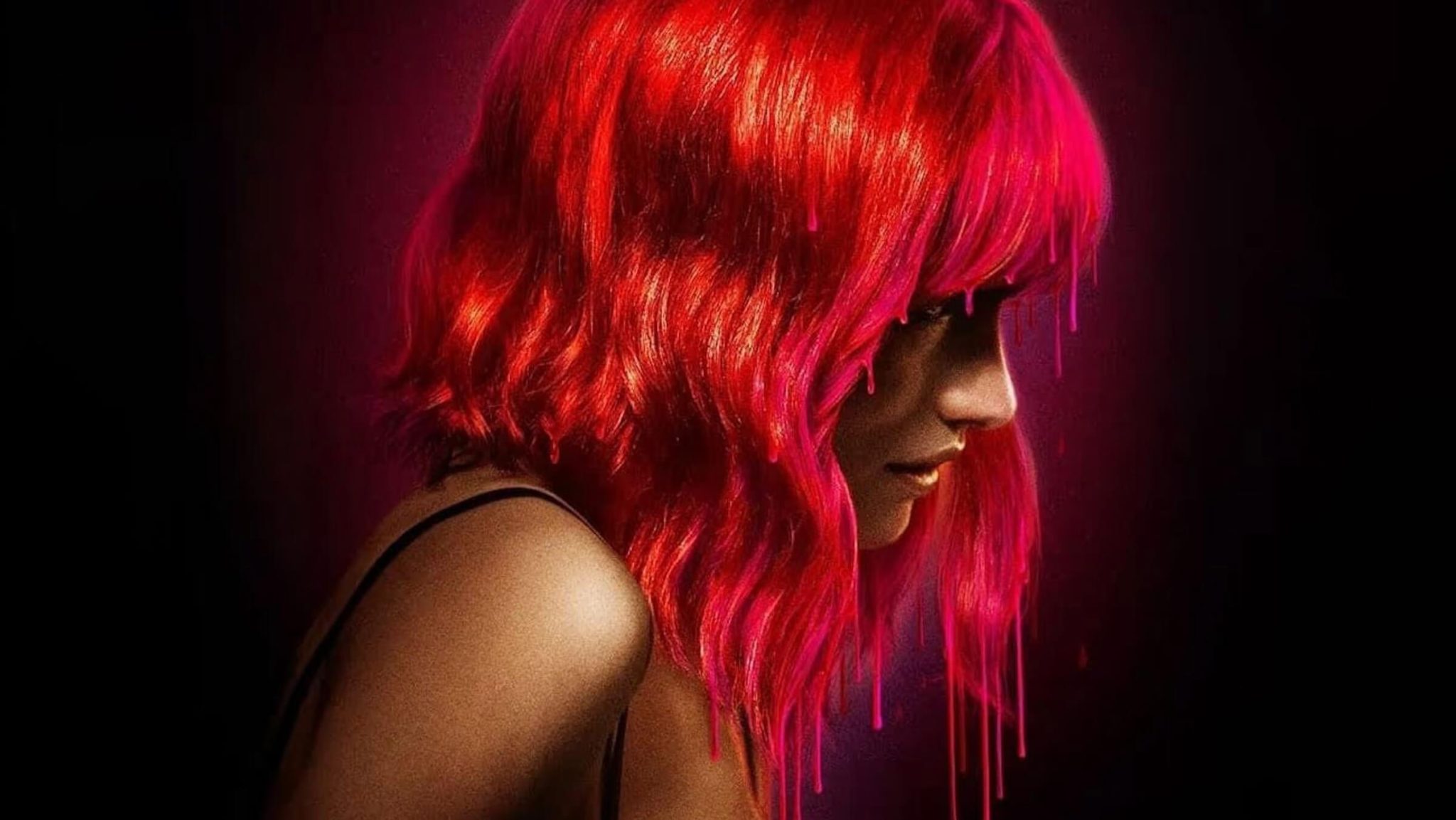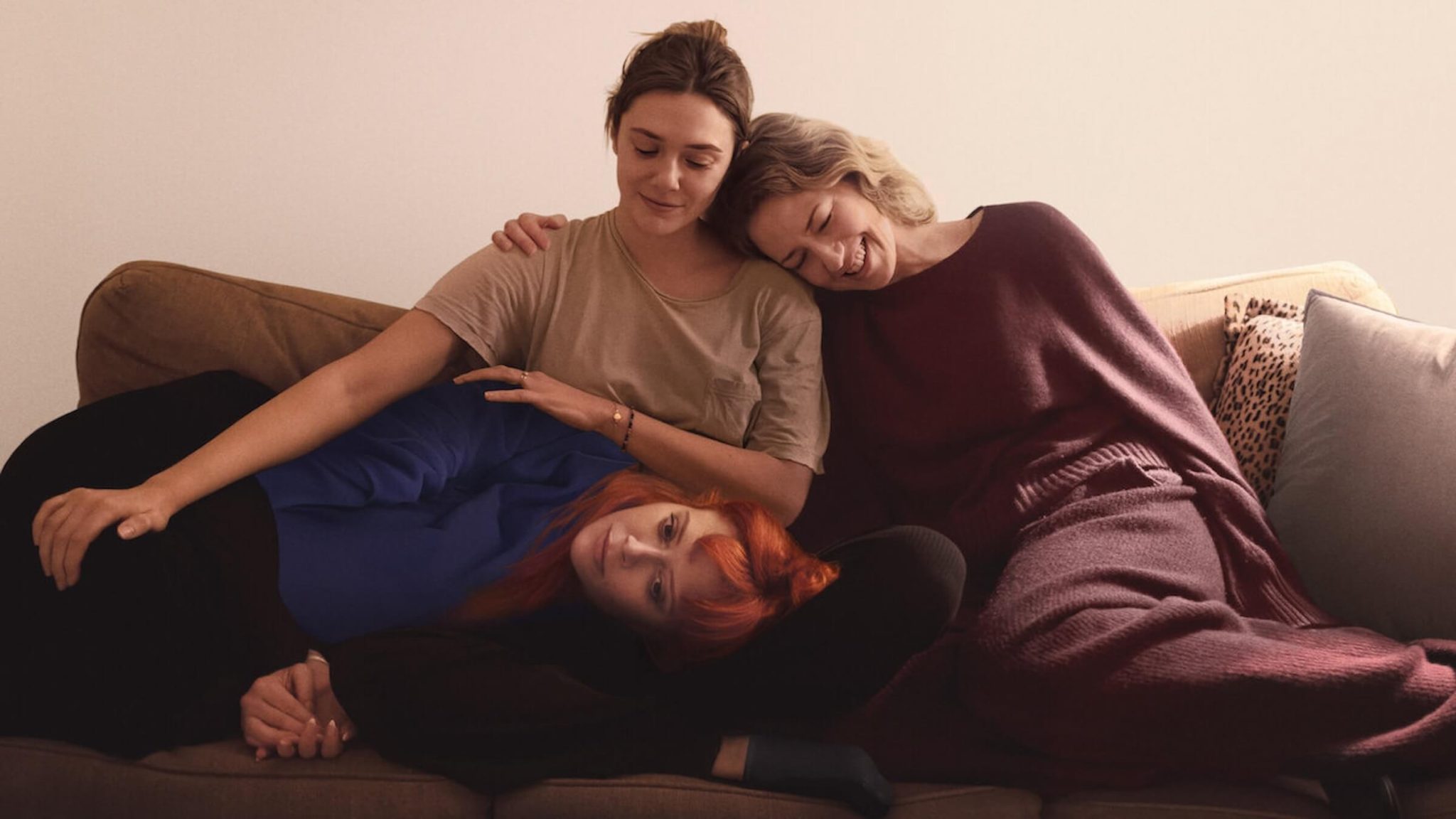How This Journalist Is Putting Screenwriters in the Spotlight
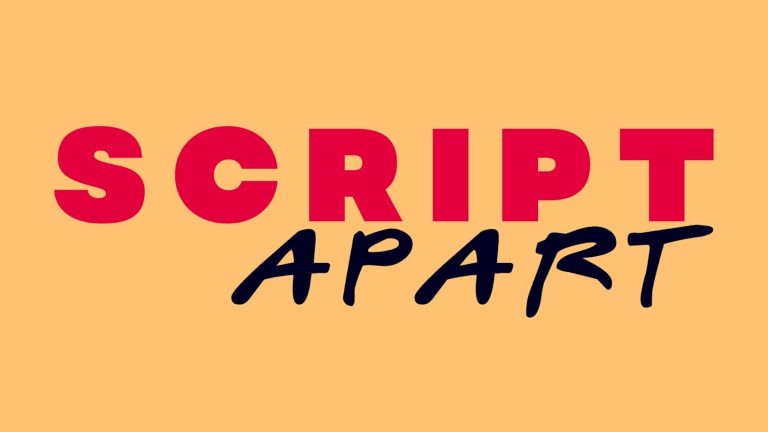
Screenwriters form the foundation of your favorite films, TV shows, and scripted series, yet many people fail to recognize them as the masterminds behind some of the best concepts, stories, and dialogue. This oversight is one of the reasons why Al Horner—a film journalist, moderator of the ScreenCraft Winter Writers Summit, and host of the Script Apart podcast—is dedicated to showcasing screenwriters and the process behind their craft.
Horner's mission to give screenwriters their due has transformed his journalism career by educating screenwriters through thoughtful conversations with some of the most notable voices in the industry and championing voices that often go unheard.
Horner shared with ScreenCraft the lessons he has learned from years of conversations with both emerging and established screenwriters, offering insights ranging from advice that reshaped his perspective on writing to industry trends affecting every screenwriter striving to get their spec script produced.

2024 Winter Writers Summit is December 6-9, 2024. Sign Up Today!
You've been championing screenwriters for years through Script Apart and numerous interviews. What first sparked your interest in exploring the work of writers across the indie-to-blockbuster spectrum?
I think it started when I first moved into film journalism in 2018 (previously, I’d written primarily about music) and noticed an almost total erasure of screenwriters from the conversation around film.

Al Horner
As a journalist, I was never offered time with the screenwriter for a new movie. Actors? Sure. Directors? Absolutely. But screenwriters? Seldom ever. In press releases about new movies, I’d regularly have to scroll deep into the body of the email to see who wrote the film, if that information was included at all (often, I’d have to do my own Googling to find out). And that struck me as kinda crazy.
Screenwriters are job creators. There wouldn’t be movies without the stories and characters that screenwriters dream up and jot down on blank pieces of paper (the starting point for pretty much every film since the inception of the medium). And yet, few screenwriters are household names unless they’re writer-directors. Stand up in a bar or coffee shop and ask who made Jurassic Park. Everyone in there would be able to tell you Steven Spielberg directed it. How many people could tell you that the great David Koepp wrote it? Not many, I bet.
So that’s the mission statement of a lot of my journalism work interviewing writers—to give a little spotlight to a vital part of the filmmaking ecosystem that is overlooked and under-respected, in my opinion.
Read More: Screenwriting Insights From Jurassic Park Screenwriter David Koepp
Through your interviews, have there been any tips or pieces of advice that have truly changed your approach to writing?
So many! Lily Wachowski [The Matrix] inspired me to be so much more brutal in excavating parts of myself and putting them on the page after talking about that during her appearance on the show in 2023. More recently, Leslye Headland [Russian Doll, The Acolyte] recently told me: “The first draft is a dangerous neighborhood,” which is advice I wrote in all-caps on a post-it note and carried around with me everywhere (what she means by that is, when it comes to a first pass of a script, get in and get out the way you would venturing through a shady part of town because loitering is not going to end well for you).
Moonlight’s Barry Jenkins gave me a masterclass in threading your own experience and emotion into other people’s stories in our conversation about how he adapted Moonlight. Aaron Sorkin [The West Wing, The Social Network] taught me the importance of “writing dialogue as though your characters are yelling at God.”
The list really does go on and on, and it’s probably the biggest source of pride of mine that so many people get in touch weekly, either via email or by sliding into my Instagram DMs to explain how something they heard on the show unlocked a new idea or got their screenplay over the finish line.
What’s the most rewarding moment you’ve experienced while moderating ScreenCraft’s Summit?
Talking to Sofia Coppola [The Virgin Suicides, Priscilla] for 2022’s Summit was an absolute privilege. Michael Schur, too—I’d had him on Script Apart before to talk about his experience creating The Good Place, but with a career as wide-ranging as his, co-creating Brooklyn Nine-Nine and Parks and Recreation, to name a few, there’d been so much we hadn’t had time to cover on my podcast. That conversation, zooming out from one particular work of his to concentrate more on his general approach to storytelling, was really inspiring.
In truth, though—and this might sound cheesy—the biggest reward is hearing from other emerging writers at the Summit and hearing how they were inspired by conversations I’ve been a part of.
Screenwriting can be a pretty solitary passion—unless you have a writing partner, it involves long hours, just you and the page. The sense of community that comes from the Summit each year is such a great antidote to that, knowing so many others are in the same boat as you, trying to tell their stories.
Read More: How You Can Make the Most Out of the Screencraft Writers Summit
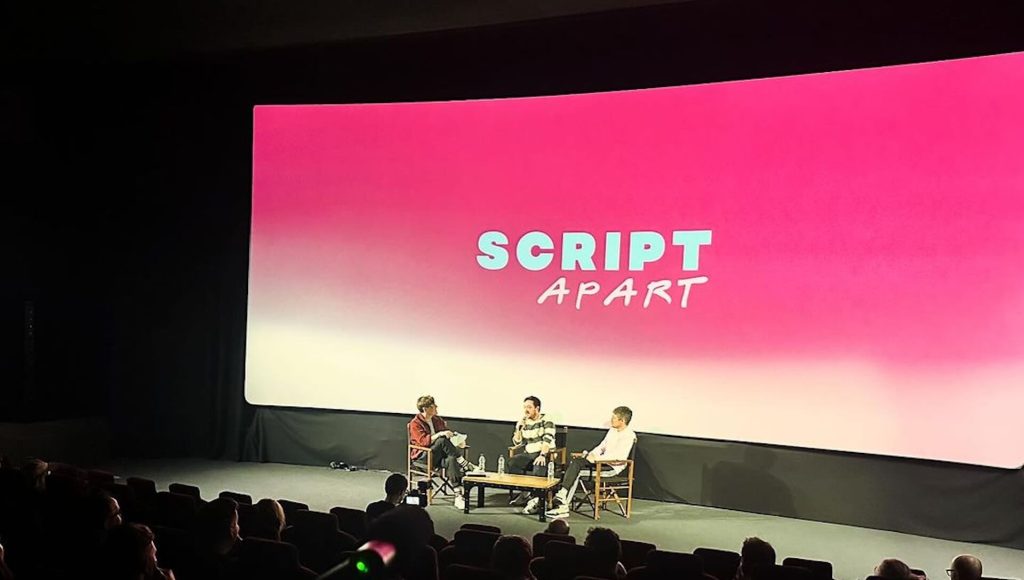
Al Horner hosting Script Apart
What is one piece of advice you consistently hear industry professionals offering aspiring screenwriters during these events?
Keep reading, keep watching, keep writing. That’s the main one. There’s no substitute for those three things: reading scripts so you get a sense of what a great story feels and looks like on the page, watching great movies (and sometimes not-so-great movies!) to keep expanding your imagination’s library of reference points and writing every day for as much or as little as possible.
No great writer has gotten there without putting in the hours and turning up every day in front of a blank page, even when they don’t want to.
The film and TV industry are constantly evolving. What are some major shifts you’ve noticed in screenwriters' approaches to their craft or the opportunities available to them?
Two things have happened simultaneously to one another over the time I’ve been writing and broadcasting.
First, there’s been this incredible expansion in educational resources, networking tools, and means to be inspired. A few decades ago, podcasts weren’t available to demystify Hollywood. YouTube videos didn’t exist, breaking down the craft of writing. Streaming didn’t exist to increase the breadth of film history they had access to, giving them all sorts of new inspiration and reference points to draw from. And for emerging writers who’ve learned from those resources enough to go out and make their short films—social media and video platforms like YouTube didn’t exist to be able to put their work into the world. That’s incredible when you think about it, right?
The second thing that’s happened is a huge decline in where filmmaking sits in the cultural hierarchy of what people want to spend their time engaging with. Right now, it’s no secret that filmmakers are competing against TikTok and YouTube and other content for their attention. So your work has to work harder to be able to make a case for being made in a film industry that’s making less money and, as a result, is taking fewer chances than ever.
As the industry changes with streaming, AI, and evolving audience expectations, what skills or trends should new writers focus on?
In my opinion, from all the conversations I’ve had with screenwriters over the years, the skill I’d say will help emerging writers breakthrough isn’t a question of craft. It’s not about hopping on any one particular trend, either. It’s about your relationship with yourself. The one thing that AI will never be able to replicate is human emotion.
Every film or TV show I’ve covered on Script Apart has come from an emotion born out of some experience the writer went through: Edward Scissorhands from Caroline Thompson’s adolescence spent feeling like an “outsider looking in” at society; The Holdovers from David Hemingson’s memories of an uncle he adores; The Sopranos from David Chase’s intense relationship with his late mother.
Great writing—the type that people will grow hungry for when the first emotionally malnourished films and shows written by AI begin to hit screens—comes from writers with great emotional self-awareness.
So, my advice would be to work on listening to how you’re feeling. Nurture a great connection between yourself and that inner voice that tells you how you’re feeling and why.
Storytelling has been a fundamental part of human life since we were stomping around in caves wearing loincloths because it helps us make sense of the world and makes us feel less alone, being able to share in each other’s experiences and emotions. We’ll always have an appetite for that—it’s hard-wired into our DNA. So work on your ability to deliver that authenticity, threading the emotions you’re working through into your work. Because when AI hits, and it’s inevitably terrible, I genuinely believe this is what audiences will crave.

---
Focusing on his dedication to giving emerging and established screenwriters their flowers, Horner continues to host his podcast Script Apart and will be a moderator at ScreenCraft’s upcoming Winter Writers Summit, providing insightful conversations to help screenwriters sharpen their craft and discover new and exciting ways to elevate their career.
Read More: 5 Lessons From Past Screencraft Summit Speakers
Check out our Preparation Notes so you start your story off on the right track!
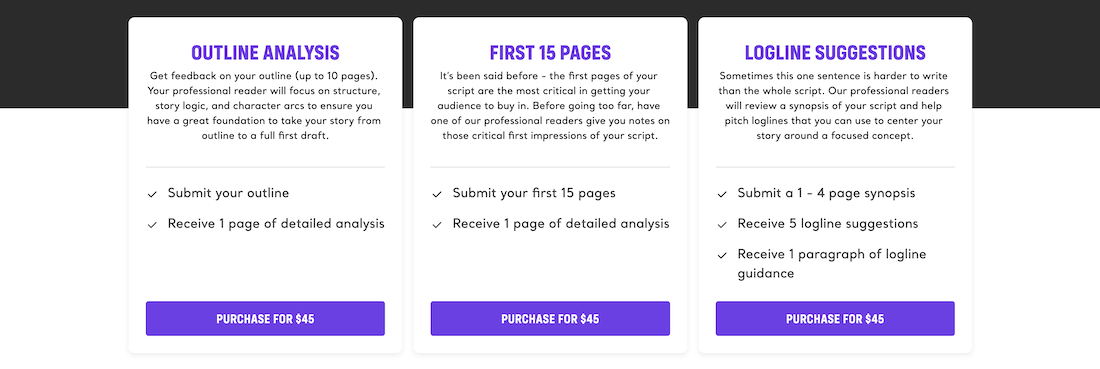
Get Our Screenwriting Newsletter!
Get weekly writing inspiration delivered to your inbox - including industry news, popular articles, and more!


